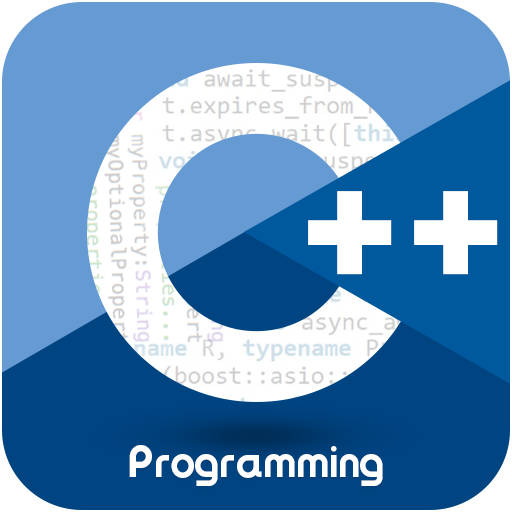
C++ programming
C++ programming is a general-purpose, object-oriented programming language that was developed as an extension of the C programming language. C++ was first introduced in the early 1980s by Bjarne Stroustrup at Bell Labs.
C++ has a similar syntax to C, but it includes additional features such as classes, templates, inheritance, and polymorphism that make it a more powerful and flexible language. C++ also supports generic programming, which allows you to write code that can be used with different data types.
The syllabus for a typical C++ programming course may include the following topics:
- Introduction to C++ programming: History of C++ programming, features of C++ programming, setting up the development environment.
- Data types and operators: Data types, arithmetic operators, relational operators, logical operators, assignment operators, bitwise operators, and type casting.
- Control structures: if-else statements, switch statements, loops (while, do-while, for), and break and continue statements.
- Functions: Defining functions, function arguments, return values, function overloading, and recursive functions.
- Classes and objects: Defining classes, creating objects, accessing class members, constructors and destructors, encapsulation, and inheritance.
- Polymorphism: Virtual functions, function overloading, and function overriding.
- Templates: Function templates and class templates.
- Standard Library: Containers (vector, list, map, set), algorithms (sorting, searching), and input/output operations.
- Exception handling: Handling runtime errors and exceptions.
- File handling: Opening and closing files, reading and writing files, and manipulating files.
- Dynamic memory allocation: Using new and delete to allocate memory dynamically.
- Smart pointers: Shared pointers, unique pointers, and weak pointers.
The specific topics covered may vary depending on the course provider and the level of the course. Additionally, some courses may cover advanced topics such as multi-threading, graphical user interface (GUI) development, and networking.


